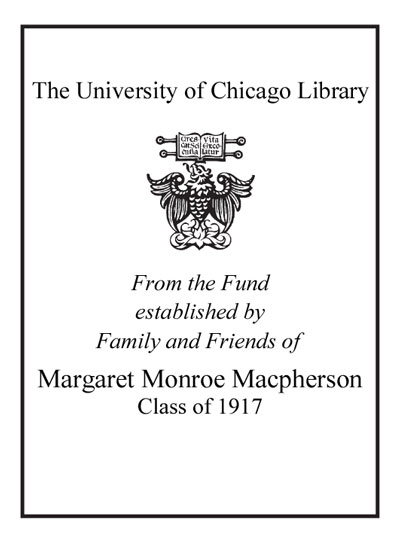Europeanising party politics? : Comparative perspectives on Central and Eastern Europe /
| Imprint: | Manchester ; New York : Manchester University Press, 2011. |
|---|---|
| Description: | xviii, 254 p. : ill. ; 24 cm. |
| Language: | English |
| Subject: | |
| Format: | Print Book |
| URL for this record: | http://pi.lib.uchicago.edu/1001/cat/bib/8518278 |
| Summary: | The book is a comparative, empirically based study of party politics in contemporary Central and Eastern Europe that seeks to define the impact of European Union membership in this area. The question of Europeanisation has been intensively debated over recent years, but no firm conclusion has been reached. This collection of rigorously comparative contributions directs attention to a number of key areas in the attempt to isolate cases where Europe has made a difference. |
|---|---|
| Physical Description: | xviii, 254 p. : ill. ; 24 cm. |
| Bibliography: | Includes bibliographical references and index. |
| ISBN: | 9780719082979 0719082978 |

